Installing an EV charger at your home or business is a great way to ensure convenient charging for your electric vehicle. However, it’s essential to be aware of common issues that may arise during the installation process. Here are some common issues and insights on how to address them effectively.
Electrical Capacity and Load Calculation
EV chargers require a significant amount of electricity, and ensuring that your electrical system can handle the load is crucial. If the electrical capacity is insufficient, it can lead to frequent circuit overloads, tripped breakers, or even damage to your electrical infrastructure.
To avoid such issues, consult with a qualified electrician who can perform a load calculation to determine the electrical capacity needed for your EV charger. They will assess your existing electrical panel, wiring, and the overall demand on your electrical system.
Proper Wiring and Circuit Installation
Another common issue during EV charger installation is improper wiring and circuit installation. Following the manufacturer’s guidelines and local electrical codes when wiring and installing the charger is crucial. Failure to do so can result in electrical hazards, including electrical fires and electric shock risks.
Hiring a licensed electrician experienced in EV charger installations is best to ensure proper circuit installation. They can help determine the optimal routing of cables and ensure proper grounding to minimize the risk of electrical issues.
Adequate Conduit and Cable Protection
Protecting the conduit and cables that connect your EV charger to the electrical panel is essential to prevent damage and ensure longevity. Common issues include improper conduit installation, insufficient protection from physical damage, and inadequate weatherproofing.
During installation, ensure the conduit is properly secured and adequately sized to accommodate the cables. It should be protected against sharp edges, physical impact, and environmental elements such as rain and direct sunlight. Using high-quality conduit materials and appropriate cable management techniques significantly reduces the chances of future problems.
Compatibility and Compliance
Ensuring compatibility between your EV charger and your electric vehicle is crucial for efficient and safe charging. Different EV models have varying charging requirements, such as voltage and amperage. Installing an incompatible charger can lead to slow charging times or damage your vehicle’s battery.
Before purchasing an EV charger, research the charging requirements of your specific vehicle model and consult with an EV charger expert. They can guide you in selecting a charger compatible with your vehicle’s specifications. Additionally, ensure that the chosen charger complies with industry standards and safety certifications to avoid any potential issues.
When it comes to EV charger installation, being aware of common issues and taking proactive steps to address them is essential. If you’re in Rochester, MN, and in need of EV charger installation services, contact Electrical Vehicle Charging Solutions & Installations.






